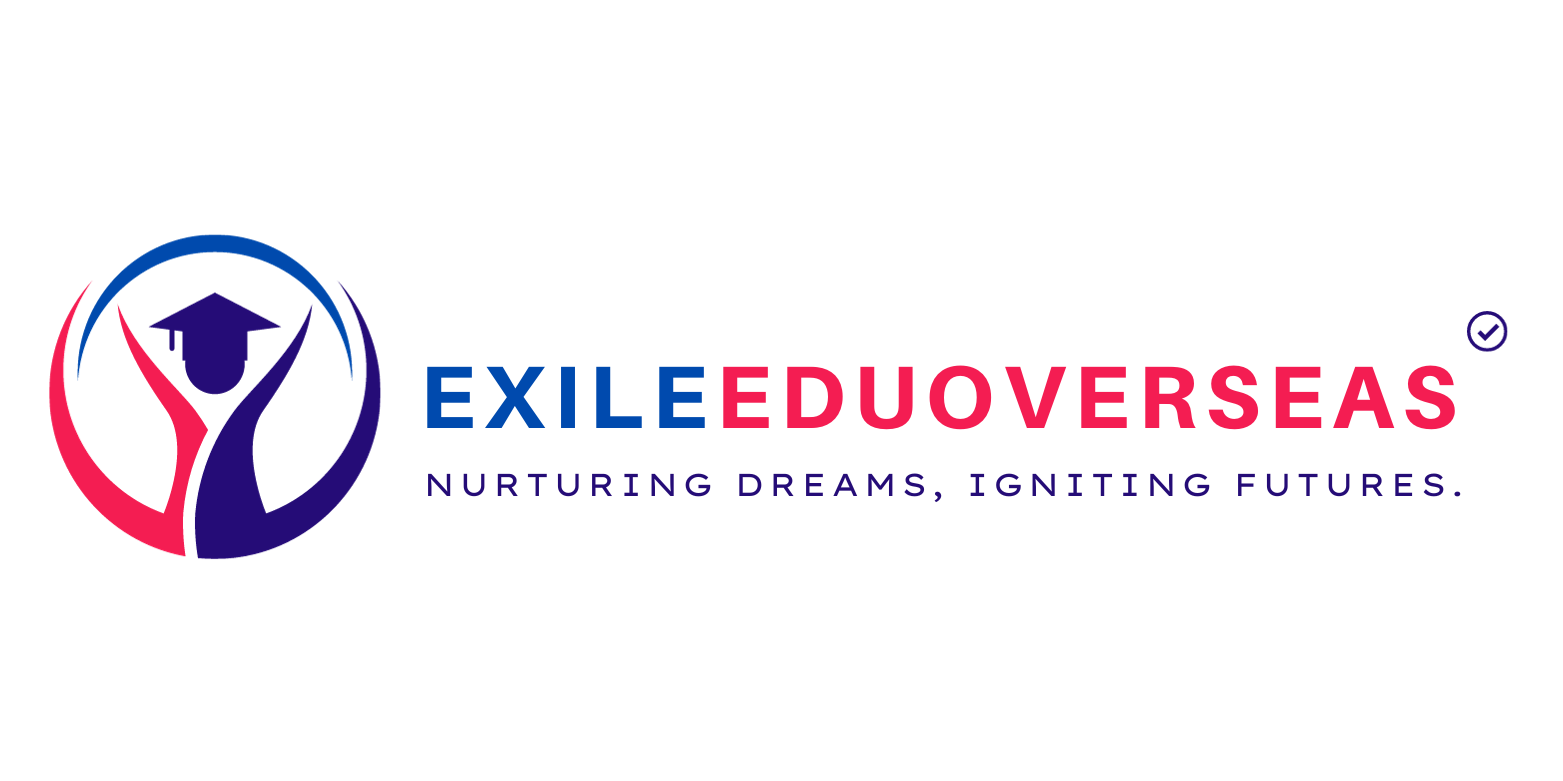
Study In Ireland
Visa Processes
Student Visa Application
Apply for a student visa (also known as a ‘study visa’) through the Irish Naturalisation and Immigration Service (INIS) online system.
Required Documents
- Passport
- Letter of acceptance from an Irish institution
- Evidence of sufficient funds to cover tuition fees and living expenses
- Health insurance coverage
- Passport-sized photographs
- Visa application fee
- Biometrics Appointment (if required): Some applicants may need to schedule a biometrics appointment at an application support center.
Wait for Visa Approval: Processing times can vary, so apply well in advance of your intended start date.
Other Important Details
- Cost of Living: Estimate your living expenses, including accommodation, food, transport, and personal expenses. On average, students should budget around €10,000 to €12,000 per year.
- Accommodation: Universities often offer on-campus housing, but off-campus options are also available. Research and secure your accommodation in advance.
- Healthcare: EU/EEA students may be entitled to healthcare through the European Health Insurance Card (EHIC). Non-EU/EEA students are typically required to have private health insurance.
- Work Opportunities: International students in Ireland can work up to 20 hours per week during term time and full-time during holidays. However, it’s crucial to check visa conditions.
- Post-Graduation Work Opportunities: Ireland offers a ‘stay-back option’ for non-EU/EEA students, allowing them to stay in Ireland for up to two years after graduation to seek employment.
- Student Support Services: Universities in Ireland provide a range of support services, including academic advising, counseling, and extracurricular activities.
- Cultural Experience: Embrace the opportunity to experience Irish culture, traditions, and explore the beautiful landscapes.



